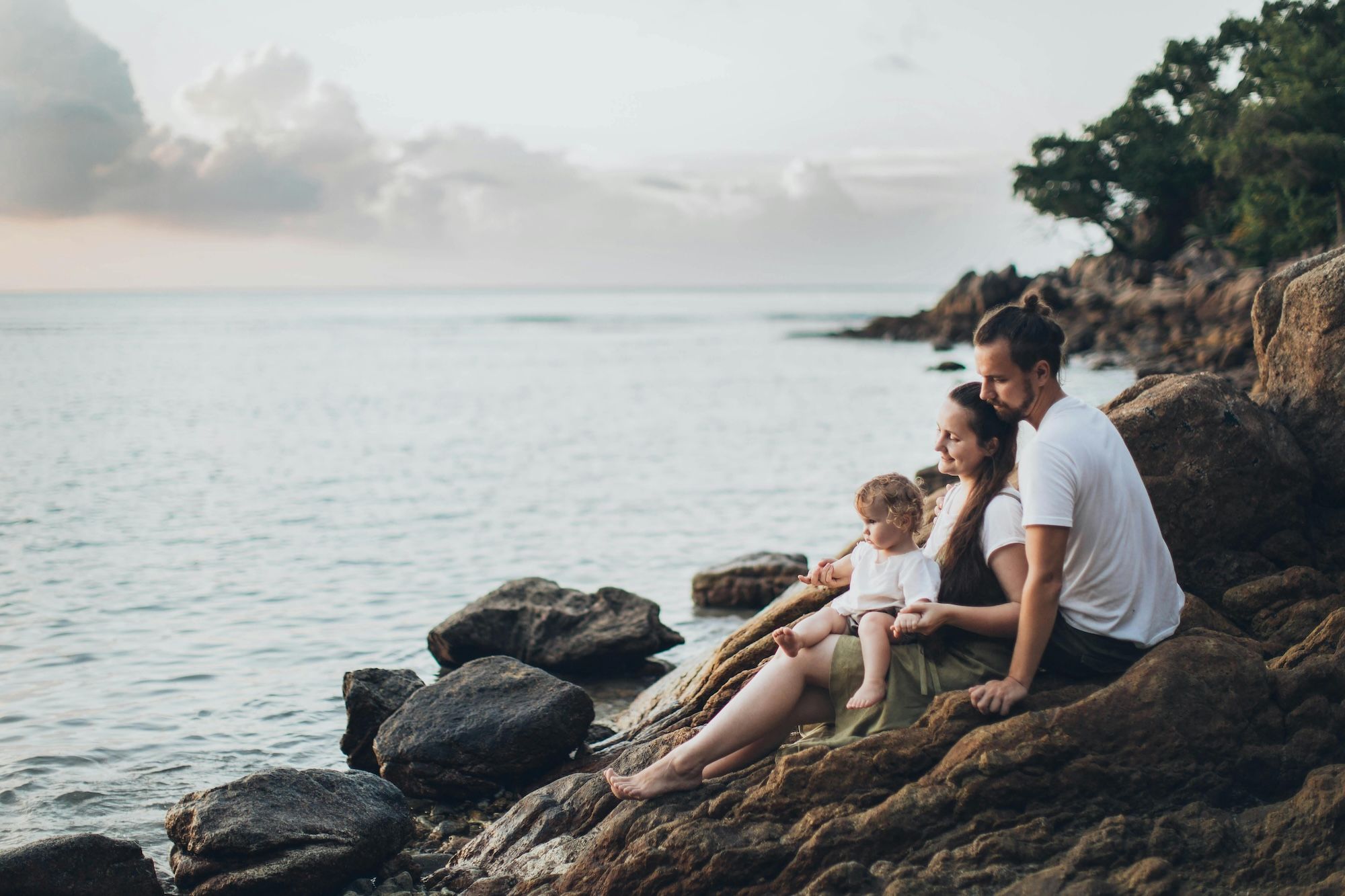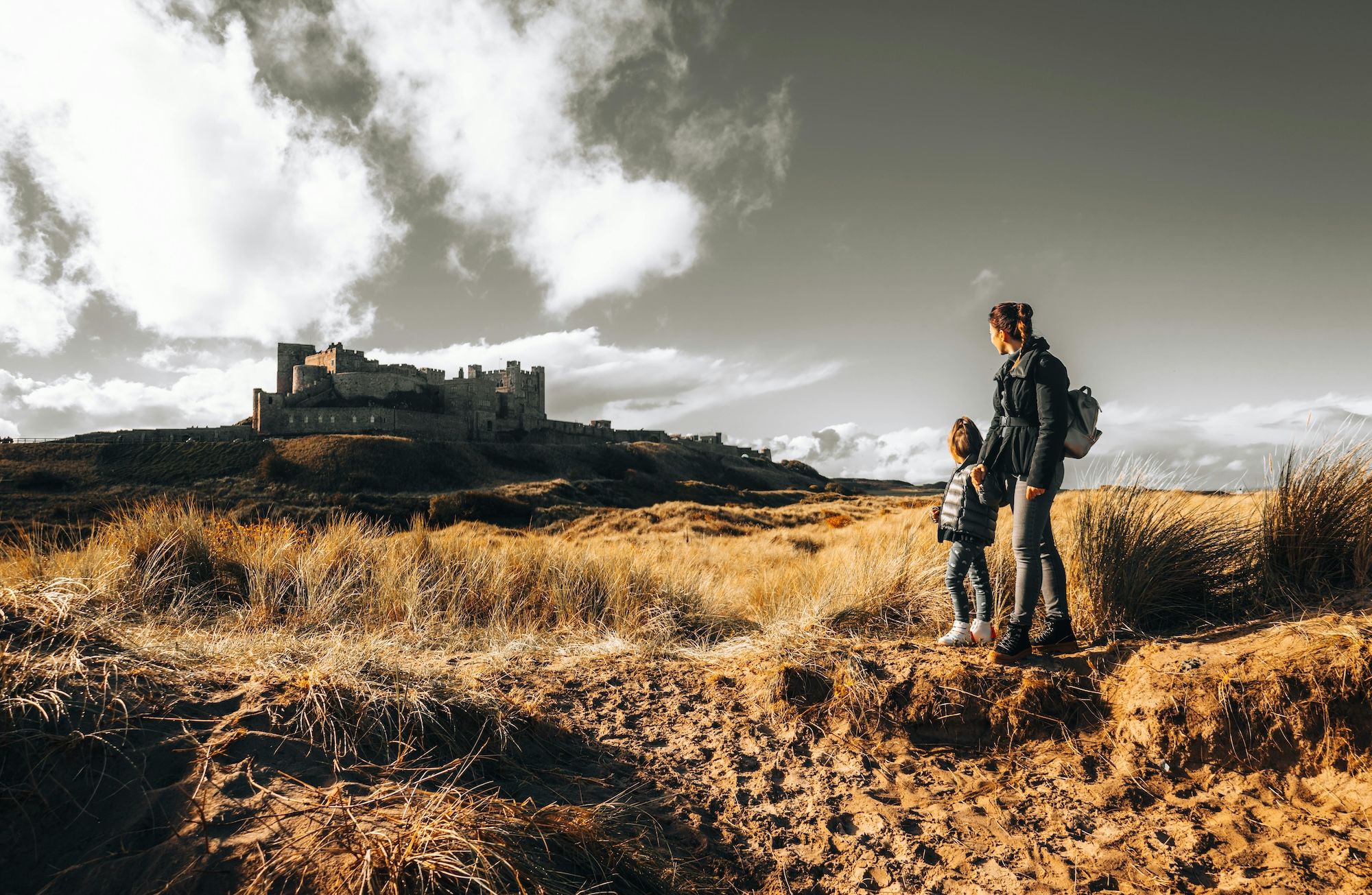The power of travel extends well beyond souvenir shopping and selfies. As children are immersed in new settings, cultures, and experiences, they will most likely develop habits that they will carry with them for years to come. These small but profound lessons in well-being, health, and balance can impact the way they grow, live, and even perceive themselves. For families organizing a next trip, the dividends are much deeper than the family photos.
Construct Resilience through Adventure
Travel necessarily puts children out of their comfort zones. Boarding planes, navigating unfamiliar streets, or trying something new forces them to adapt when things go wrong or there is uncertainty. Adaptability is probably the best thing a child can learn, and holidays are an unwittingly good way of learning it. With time, remaining calm in the face of stress, adjusting quickly, and retaining a positive outlook become second nature.
Even something as mundane as walking a path in a local city or participating in a local beach cleanup can show children that persevering with things through difficulties more often than not results in the most worthwhile and lasting memories.
Embracing Physical Activity Without the Pressure
Most parents discover that their children become more active outside of home. Traveling opens up opportunities for enjoyable physical activity that isn't exercise. Swimming in hotel pools, going to parks, climbing stairs in museums and historic sites, and strolling through lively markets are all ways of keeping children active while traveling without realizing it.
During some vacations, children even get to learn something entirely new like kayaking, beach yoga, or even learning BJJ for kids at the local gym. Martial arts classes like Brazilian Jiu-Jitsu, usually offered for children, improve coordination, self-discipline, and body awareness — and are a wonderful way to exercise while traveling. Such learnings sometimes lead to new passions that children carry along and continue to enjoy even after the vacation is over.
Fostering Curiosity for Food
One of the wealthiest aspects of traveling is having the opportunity to taste new flavors and food. Sampling new and vibrant foods introduces children to a bolder taste and the importance of nutrition daily. Local food is typically centered on fresh vegetables, lean proteins, and portion-balanced foods, so healthy eating is natural, not forced.
A trip to a busy Thai restaurant overseas, for instance, can educate children about how much fun there is to eat colorful salads, pungent herbs, and light food full of flavors. Observing chefs preparing with fresh produce in an open kitchen or sampling fruits from a street hawker appears to make healthy eating interesting and fun. Such experiences can transform children's attitudes towards food, shaping good food habits with respect to food and portions.
Learning about the Significance of Rest and Equilibrium
Tourism also teaches the importance of listening to what the body is telling us. Busy days of exploration eventually lead to learning that rest is as important as movement. Serene afternoons at the beach, peaceful nights reading a book, or afternoon naps in mid-day in a cozy hotel room teach kids the importance of balancing activity with sufficient down time.
When vacation is viewed as an annual reprieve, it sets the stage that taking a break from the hustle and bustle to rest is not only acceptable but more importantly, necessary. This equilibrium can allow children to mature into adults who understand how to cope with stress and prevent burnout.

Strengthen Family Ties with Common Experiences
Travel enables families to spend time together and form relationships despite the distractions of life. Memories and moments — from seeing the sights to navigating a crowded train station — build trust and communication. The relationships they form generate security, and children learn the value of strong relationships and support systems.
If they see how much fun there is in talking, laughing, and solving problems with the people they love, they are more likely to prioritize healthy relationships as they grow up.
Building an Appreciation for Nature
The great outside is the main attraction on most family vacations. Hiking in the mountains, snorkeling in pristine waters, or just strolling through a city park, travel acquaints kids with the joys of the great outside. Sunlight and fresh air can boost mood, sleep, and overall health — habits it's worth carrying into adulthood.
Even urban weekend getaways can incorporate outdoor elements like botanical gardens, rooftop play areas, and river walks to make the experience feel like nature and encourage outdoor play at home.
Learning Mindfulness in Everyday Life
Travel has the ability to slow down life just enough so children will notice things that otherwise they would never appreciate. They learn to savor the flavor of an ice cream on a balmy summer evening, the texture of sand between their toes, or the view of multicolored lanterns set against the glow of a night market. Minor things can foster mindfulness — being able to be present and appreciate what is in front of them.
If children are taught this art of presence, they are more likely to handle stress, manage their emotions, and respond to adversity with calmness.
Conclusion
Travel can teach children good habits that will serve them long after the vacation itself is past. From acquiring activity through play to cultivating a sense of adventurous appetite and a sense of balance, each trip offers an opportunity to learn and grow. These subtle lessons can go about becoming a part of daily routine without fanfare, rendering children healthier, happier, and more aware individuals — vacation by vacation.
